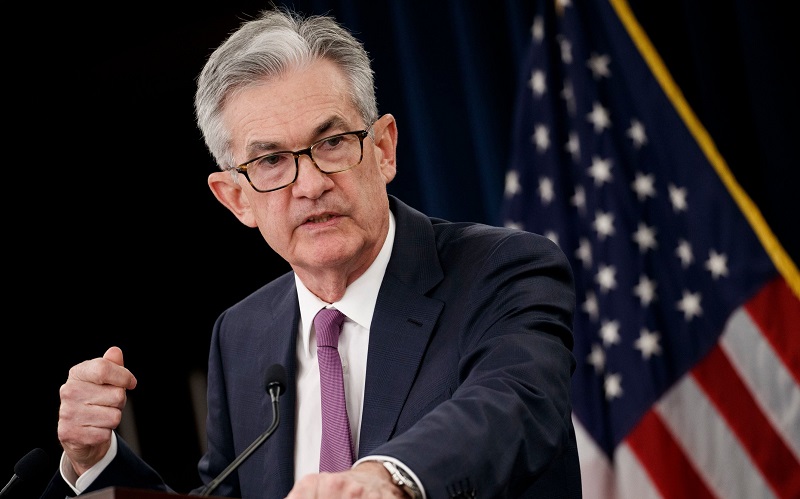What has pushed up inflationary pressure?
It does matter whether it is a demand or supply shock that is creating the inflationary pressure.

Fed Chair Powell said last week that “inflation expectations are terribly important” for how the Fed adjusts its monetary policy.
Not for the first time Fed Chair Powell said last week that “inflation expectations are terribly important” for how the Fed adjusts its monetary policy. Moreover, he said that households don’t see higher prices over the long term; a conclusion that’s supported by recent research at the New York Fed. Other central bankers say the same sorts of things which suggests that all is fine provided longer-term inflation expectations don’t rise. However, Mr. Steve Barrow, Head of Standard Bank G10 Strategy said there would be a problem with this conclusion, particularly bearing in mind that it is supply that is driving inflation higher right now rather than demand.
If inflation goes up, people expect the increase to persist for a while, so short-term inflation expectations rise and then, only gradually, do longer-term expectations increase if the rise in prices proves durable. Right now, in many major countries we have seen actual inflation soar, short-term inflation expectations rise rapidly, but longer-term expectations have risen more modestly. Policymakers take this as a sign that all is well; that inflation expectations have not become un-anchored, just as Powell said last week. But Mr. Steven Barrow has a number of issues here. The first is the simple question, what do consumers know? And should they be expected to be able to forecast inflation? He thinks the answers are ‘nothing’ and ‘no’ in that order. Businesses are better placed because they set prices. Of course, they might only know a bit about the likely future prices of their inputs and outputs but if you add all these up, it results in a more reliable guide to future inflation than consumer expectations. Importantly, businesses seem to be seeing a lot more inflation than consumers right now.
The second point he would make relates to the importance of inflation expectations in the first place. If we were to ask, why do long-term inflation expectations matter, we suspect that many would argue that they reflect how consumers will act in the future. For instance, if inflation surges but consumers think it will be temporary, they probably won’t panic to buy items because they doubt the increases will last. And, if they reduce their demand as a result that’s likely to produce downward pressure on prices and stop the rise in inflation from becoming permanent.
In other words, the key is how consumers react to their own expectations; whether these expectations are right or not. But this might work when demand is driving inflation because we are assuming that consumers will cut demand in response to higher prices and that will bring inflation back down. But what happens when it is a shortage of supply that is causing the rise in inflation, not excessive demand, as seems to be the case at the moment. If that’s the case, a withdrawal of demand in response to rising inflation might not provoke the anticipated moderation of price increases if restricted supply is still putting upward pressure on prices.
In the extreme, we could find a situation where the more prices rise, due to supply shortages, the more demand increases because consumers fear that supply will run out (think petrol queues). So, the key point here is that it does matter whether it is a demand or supply shock that is creating the inflationary pressure. The history of the last fifty years shows that it has been demand that’s been the driver and that might be why increases in inflation have not proved to be permanent. But now we’re having an adverse supply shock because of Covid. Powell and others would say that it does not really matter anyway because this supply shock will be over soon and inflation will moderate. But, at the moment it is looking as if that’s more of a hopeful forecast than one built on fact.








